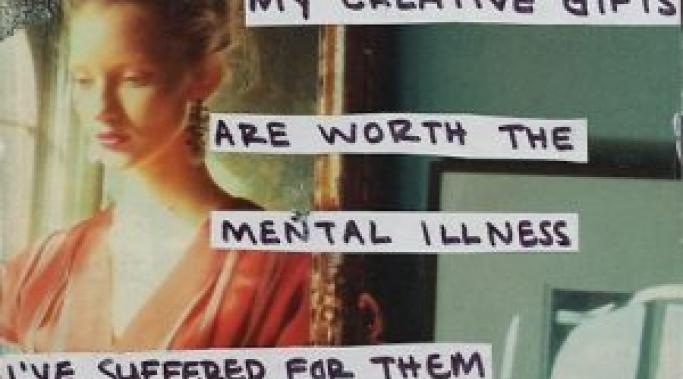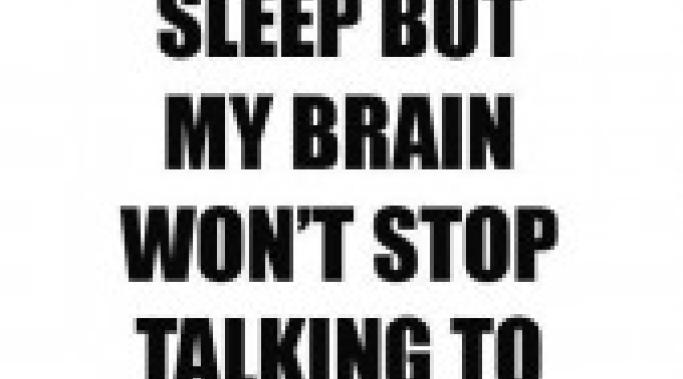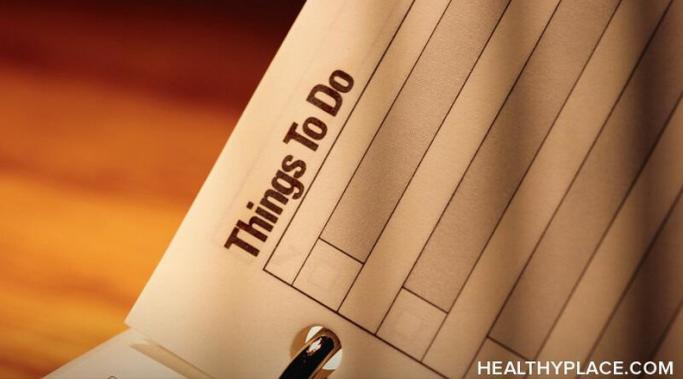Blogs
According to a recent study of 1.2 million people, the link between creativity and mental illness has been confirmed.
I have believed this to be the case since reading the eye-opening book by Dr. Kay Redfield Jameson ‘Touched with Fire: Manic Depressive Illness and the Artistic Temperament’ back in 1996 and am endlessly pleased that such a comprehensive study with a large sample size has found comparable results to her initial hypothesis.
'Tis the season for increased abuse, ladies and gentlemen. Hold onto your stockings, it could be a wild ride! Many of you could have experienced the beginnings of your holiday "bliss" this past week during the celebration of Thanksgiving, leaving you to wonder exactly what there is to be thankful for when your significant other can't seem to enjoy a holiday, no matter what amount of thought you put into making it enjoyable for them.
I take no credit for the title of this post. It comes from my son Ben, who is many ways wonderful. I hesitate to define him here with the label "diagnosed with schizophrenia" -but of course that's why I write this blog, and why I wrote my book, Ben Behind His Voices. It's the piece of him that makes his current insights so remarkable.
Recently Ben and I were talking about how much better his attitude has been - and I asked him why he thinks he is getting so much closer to his goals these days. He, who used to tell me all rules were stupid and possible "government plots", now cares deeply about punctuality, grades, and doing a good job.
Ben's answer astounds me with its depth. He said:
"Well, now I'm living my life, not fighting my life."
Ah, the human brain. It’s a wondrous thing. It calculates, it categorizes, it makes connections and it remembers the square root of 144. I’m constantly awed by its power.
But one of the annoying things that can happen to a brain is that somehow, a song gets stuck in it. Somehow, even though its great power and ability, the catchy hook of the latest pop song gets stuck inside some errant neurons and plays over and over.
And this causes a lot more trouble in my bipolar brain than it does for others.
WARNING: A decent amount of sarcasm within this post. But it's relevant, I promise you, sort of---I do.
For years, I have dreaded this time of the year.
So much food. Turkey. Stuffing. Cranberry sauce. Pie...
I tried everything to get out of the Thanksgiving and Christmas family get-togethers. One year, I had the perfect excuse — I fell down two flights of stairs, causing minor injuries and a massive headache.
This year I'm looking forward to the holiday.
The ability to cope ahead in situations that can be emotionally triggering is invaluable. Think about going home for the holidays. Almost everyone I know has some stress when thinking about the travel itself, let alone the dynamics in their family system. Just thinking about it may stir up some anxiety. By being aware of our vulnerability factors and having a tool kit of skills and resources available to you ahead of time, you'll feel in control and confident. When we handle situations poorly or let our vulnerability get the best of us, we are likely to feel regret, defeated, and a lack of self-control; all of which effect our self-esteem.
Today I am answering readers questions about panic attacks. Here is everything you need to remember about panic attacks.
1. Panic attacks are an experience. They feel awful, but physically you are OK. You are not dying.
I'll be honest with you: From the surface there wasn't much I was good at in PTSD recovery - unless you count avoidance. I was really, really good at that! And hypervigilance. And re-experiencing. Basically, you know, I was really good at PTSD symptoms. Recovery.... not so much!
So when I ask you what you're good at I know that's a sort of loaded question. Struggling with symptoms of posttraumatic stress can make you feel like you're just not good at anything, unless it's being depressed, hopeless and just generally feeling useless.
For many of us who every morning strap on the old miner’s helmet and begin yet again the long descent into territories ruled by unseen dictators; who boldly confront the limitations and restrictions thrust down upon us like leaden capes by inexplicable, cruel fates; who summon the courage to confront yet another day replete with overwhelming obstacles and dark mysteries, who – Columbus-like – sail into an unknown sea teeming with tiny monsters both real and imagined – indeed, for all of us and others as well, Thanksgiving is a very special occasion indeed; or, more properly put, Thanksgiving is like a corpulent nightmare of wretched excess, unrealistic expectations, and unfair demands, served up dressed in bitter herbs on a harrowing stroll down memory lane where one is reminded of experiences one spends the rest of the year trying to forget.
Or not.
But these weepy reminders of what is so frequently the case overlook a social quagmire even more desolate than having to face one’s family on Thanksgiving, that is, having nowhere to go on Thanksgiving.









